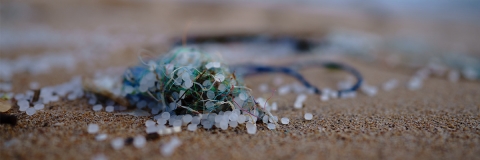
Our microplastics research group brings together researchers from different disciplines. The group’s core aim is to quantify microplastics in all areas of life, determine their impact, and develop innovative solutions to the problem of microplastic pollution.
Microplastics research is in its infancy. More knowledge is required on where microplastics are, how many there are, the type and size of plastic and, importantly, the impact microplastics have on the environment and human health. This group aims to answer these questions through rigorous scientific research.
Led by Professor Fay Couceiro, the group strives to enhance our knowledge of microplastics and ensure the public understand any risks that this invisible threat may pose.
Key aims:
- establish the impact of microplastics on human health and the environment
- engage citizens, businesses and policy makers to take action through knowledge exchange and by co-creating solutions to microplastic pollution.
The group works on three interlinked areas:
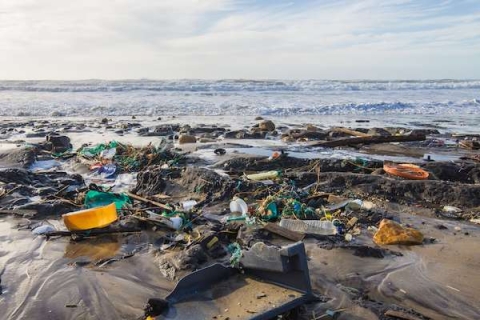
Environment
We’re researching the fate of microplastics in the environment — this includes their properties, their capability to act as vectors for pathogens or leachates for chemicals, and their subsequent impact on ecosystems.
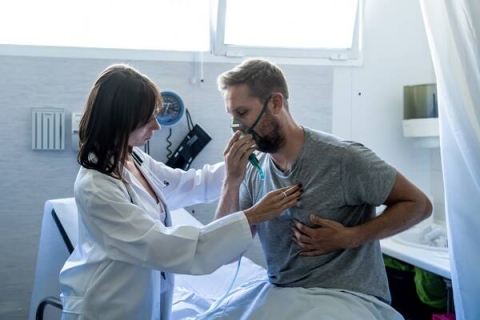
Human health
We’re examining the potential impact of microplastics on human health, including the effect on respiratory and gastrointestinal conditions, and antimicrobial resistance (AMR).

Solutions
Our primary aim is to find solutions to mitigate the impacts of microplastic pollution, such as nature-based solutions, technology (for example electrocoagulation) and policy and behaviour change in relation to plastics production, use and disposal.
Current and recent projects
Microplastics in our homes
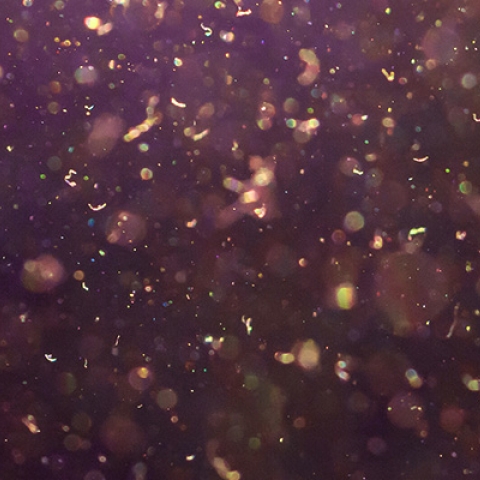
Microplastics in carpets

Microplastics and lung health

Assessing pollution in Great Britain's coastal waters with GB Row

The impacts of tourism in Artarctica

Pathogen concentration on microplastics and associated ecotoxicity in the marine environment

Microplastic analysis of samples from the Western Indian Ocean for the FlipFlopi project

Microbial transformation of plastics in SE Asian seas: a hazard and a solution (MicroSEAP)

Recent publications and research outputs
-
Glass Reinforced Plastic (GRP) boats and the impact on coastal environment – Evidence of fibreglass ingestion by marine bivalves from natural populations
Ciocan, C., Annels, C., Fitzpatrick, M., Couceiro, F., Steyl, I. & Bray, S., 5 Jul 2024, In: Journal of Hazardous Materials. 472, 7 p., 134619.
-
Priorities to inform research on marine plastic pollution in Southeast Asia
Omeyer, L., Duncan, E., Aiemsomboon, K., Beaumont, N., Nor, N. H. B. M., Bureekul, S., Cao, B., Carrasco, L., Chavanich, S., Clark, J. R., Cordova, M. R., Couceiro, F., Cragg, S., Dickson, N., Failler, P., Ferraro, G., Fletcher, S., Fong, J., Ford, A. & Gutierrez, T. & 40 others, , 17 Jun 2022, (Early online) In: Science of the Total Environment. 156704.
-
The plastic Trojan horse: Biofilms increase microplastic uptake in marine filter feeders impacting microbial transfer and organism health
Fabra, M., Watts, J., Hale, M., Couceiro, F. & Preston, J., 1 Nov 2021, In: Science of the Total Environment. 797, 9 p. 149217.
-
Optimising sample preparation for FTIR-based microplastic analysis in wastewater and sludge samples: multiple digestions
Cunsolo, S., Williams, J., Hale, M., Read, D. & Couceiro, F., 23 Apr 2021, (Early online) In: Analytical and Bioanalytical Chemistry. p. 1-11.
Partnerships and collaborations
We collaborate with businesses and organisations on research projects. For example, we’re working with sustainability consultants, SB+Co, to ensure our work reaches the places that need it most, and so industry can use the research to improve practice. To find out more, contact Prof Fay Couceiro on fay.couceiro@port.ac.uk.
Facilities
Analytical methods for the analysis of microplastics and their impacts are still evolving. The method often depends on the matrix and type of sample being tested. The microplastics research group uses the following pieces of analytical equipment at the University of Portsmouth.
- MicroRaman Spectroscopy
- Fourier-transform infrared spectroscopy (FTIR)
- Scanning Electron Microscopy (SEM) with Energy Dispersive X-Ray Analysis (EDX)
- Field emission gun electron microscopy (FEG + EM)
- Tandem LA-LIBS femtosecond laser
- Flowcam
- Near-infrared spectroscopy (NIR)
- Hyperspectral camera
- Fluorescent microscopy – Autofluorescence/Nile Red
Find out more about the University’s lab and testing facilities, including our electron microscopy and microanalysis unit and our biophysical laboratories.
Cellular function labs
The School of Medicine, Pharmacy and Biomedical Sciences houses facilities dedicated to the culture of healthy and diseased human cells to investigate the effect of microplastics on cellular function, including inflammation, oxidative stress and cell death.
The School of Psychology, Sport and Health Sciences can support sampling from human volunteers and lung function testing.
Researchers
Group Lead
Group members
We thank Professor Jan Shute for her invaluable support in establishing our microplastics research group.
Microplastics PhD projects
The research group also hosts postgraduate and PhD opportunities. Our Microplastics PhD group includes the following research topics:
Water and sediments
- Fate of microplastics through the wastewater treatment process, Serena Cunsolo (supervised by Fay Couceiro)
- Big Microplastics Survey, David Jones (supervised by Michelle Hale)
- The role of macrophytes as potential microplastic retention structures in freshwater habitats, Perline Bastid (supervised by Jonathon Potts)
- Rubber/Tyre additives and road runoff ecotoxicology, Henry Obanya (supervised by Alex Ford)
- The effects of plastic additives on the health and marine and freshwater organisms (supervised by Alex Ford)
- Hydro-Environmental Controls on Microplastic in Coastal Deltas, Md-Atikul Islam (supervised by Mo Hoque)
Air
- Microplastics as indoor air pollutants, Sophie Ring (supervised by Brett Martinson)
- Airborne microplastics characterisation in coastal cities, Joshua Ugor (supervised by Mike Fowler)
- Airborne microplastics adsorption and transport characteristics for heavy metals, Precious Odika (supervised by Mike Fowler)
Soils
- Investigations into Compostable Plastic Wastes, Anita Carey (supervised by Muhammad Ali)
Discover more plastics research
Learn about the Revolution Plastics Institute and other plastics-related research we're conducting within our Centre for Enzyme Innovation, Centre for Blue Governance and the Global Plastics Policy Centre.
Revolution Plastics Institute
From combatting microplastics to analysing plastic policies around the globe, we’re putting our research into practice, working with local groups, organisations, businesses and individuals to solve the planet's plastic problem.
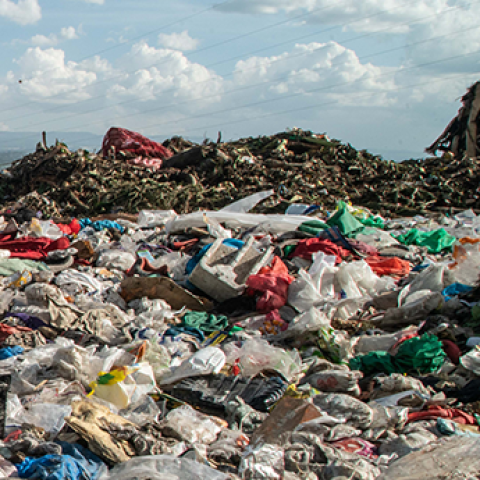
Centre for Enzyme Innovation
At the Centre for Enzyme Innovation, we are working to solve one of the most pressing environmental issues facing our planet.

Centre for Blue Governance
We're committed to the protection, restoration and sustainable governance of our aquatic environments

Global Plastics Policy Centre
The Global Plastics Policy Centre is helping to find sustainable solutions to tackle plastic pollution around the world.

